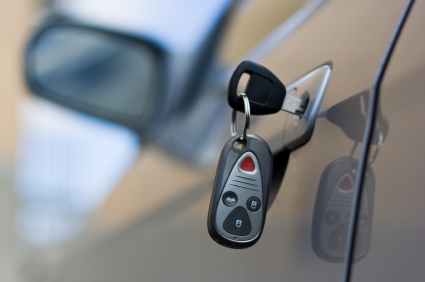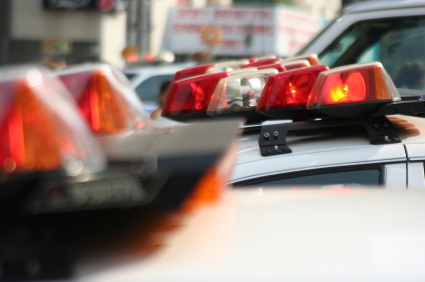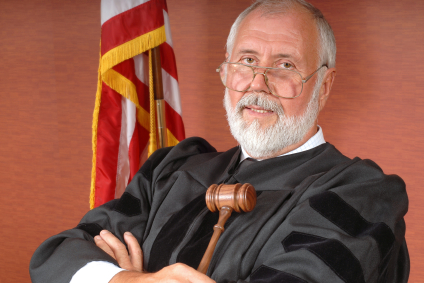A Monitoring Device Driving Permit (MDDP) is available to first offenders during the summary suspension. Generally, the qualifications for an MDDP are that the person has had no DUIs or summary suspensions in the last 5 years, did not cause great bodily harm in the commission of the present offense, has never been convicted of […]
A violation of the rules for the Monitoring Device Driving Permit (MDDP) can cause the Secretary of State to take adverse action against that person’s driving privileges. The Secretary of State can extend the summary suspension, cancel the permit all together, and even require the driver to obtain a restricted driving permit after the summary […]
The Monitoring Device Driving Permit (MDDP) that is available for first offenders is subject to certain terms and conditions. These rules apply to all permitees, regardless of the individual circumstances of their case. For example, a person whose driver’s license is suspended for a positive urine test for cannabis or a controlled substance must used […]
During a period of statutory summary suspension, some defendants may qualify for a driving permit. The permit is called a Monitoring Device Driving Permit. The permit is referred to as an MDDP by attorneys and the courts. The statute is 625 ILCS 5/6-206.1 of the vehicle code. The MDDP is a permit allowing the defendant […]
The breathalyzer test that is part of nearly all driving under the influence arrests serves as the State’s best evidence that the driver is guilty. A result of 0.08 or more is per se a violation of 625 ILCS 5/11-501. But the breath test does more. A high breath alcohol concentration can subject the defendant […]
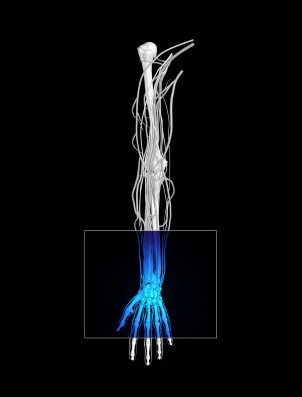
A forcible blood draw is a rare occurrence in driving under the influence cases in the state of Illinois. It may happen in only one percent of all arrests. In all other cases, police officers follow the procedures for voluntary chemical testing such as administering a breathalyzer. During a forcible blood draw, the police are […]
When a driver is confronted with an order from the police to pull over, failure to do so can result in serious criminal charges. The penalties for failing to stop are enhanced if the driver commits multiple moving violations prior to making a complete stop. The law in Illinois says that fleeing or attempting to […]
Every arrest for driving under the influence has two consequences: first, the suspension of driving privileges, and second, the criminal offense of DUI. The driver’s license suspension operates on a time table, whereas the criminal offense does not. A person who is arrested for DUI will have his driving privileges suspended pursuant to a statutory […]

Driving under the influence can be charged in numerous ways under Illinois law. It can be based on impairment by illegal drugs, prescription medication, and the combined influence of alcohol and drugs. But the most prevalent charge of DUI is based on intoxication by alcohol. If a person is accused of driving under the influence […]
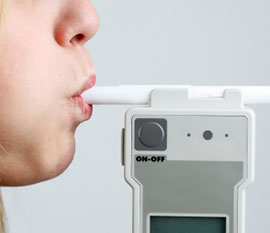
During a traffic stop, a police officer is trained to use procedures for detecting intoxicated motorists. The officer will follow a routine involving questions about the consumption of alcohol, and a series of sobriety tests. The sobriety tests are conducted on the side of the road, usually in front of the squad vehicle. Police officers, […]

